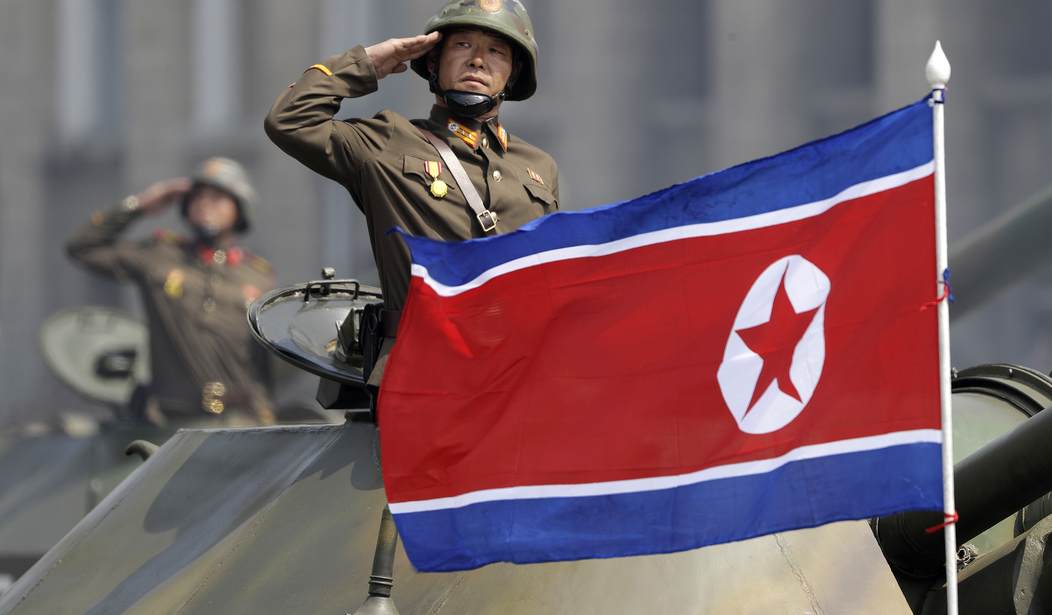The Biden administration is extending a travel ban to North Korea, started under former President Trump, through August 2022.
In a Federal Register notice posted on Thursday, the United States Department of State announced that all U.S. passports would be invalid to travel to, in, or through the Democratic People’s Republic of Korea (DPRK) through Aug. 31, 2022.
The ban, which was first implemented on September 1, 2017, was renewed each subsequent year during Trump’s presidency. 2021 marks the first year a different presidential administration will extend the ban.
“The Department of State has determined there continues to be serious risk to U.S. citizens and nationals of arrest and long-term detention constituting imminent danger to their physical safety,” the notice reads. “Accordingly, all U.S. passports shall remain invalid for travel to, in, or through the DPRK unless specially validated for such travel under the authority of the Secretary of State.”
On the Department of State’s website, North Korea’s travel advisory is listed as level No. 4, “Do Not Travel” – the most extreme ranking – on a scale of four categories; (1) Exercise All Cautions, (2) Exercise Increased Caution, (3) Reconsider Travel, and (4) Do Not Travel. The explanation is simple: “Do not travel to North Korea due to COVID-19 and the serious risk of arrest and long-term detention of U.S. nationals.”
In addition to the risks outlined in the Federal Register notice, the Department of State notes that the statistics on the spread of COVID-10 in North Korea are unknown. “The U.S. government is unable to provide emergency services to U.S. citizens in North Korea as it does not have diplomatic or consular relations with North Korea,” the website reads. Sweden currently serves as the protecting power for the U.S. in North Korea.
Recommended
The travel ban to North Korea was first announced under Trump in July 2017 following the death of Otto Warmbier, an American college student who traveled to North Korea in 2016 and was detained at the airport en route to his departure flight. Warmbier was imprisoned in the country on a charge of subversion. In 2017, he was returned to the United States in a vegetative state and passed away shortly afterward. Warmbier’s death was given as one of the reasons for the ban. It went into effect Sept. 1, 2017.

























Join the conversation as a VIP Member